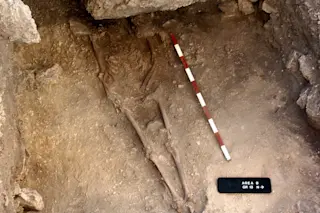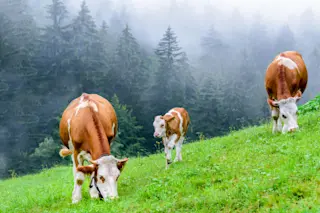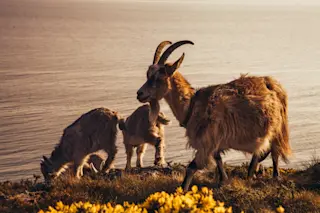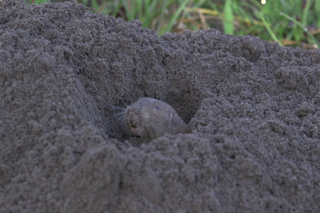Some 12,000 years ago, the land was exceptionally fertile curving up from the Nile River basin across Jordan, Syria, and Iraq, down into the Tigris River Valley. The area’s earliest settlers grew wheat, barely and lentils. Some kept pigs and sheep. Farming soon replaced hunting and foraging as a way of life there. The region became known as the Fertile Crescent, the birthplace of agriculture.
This pastoral lifestyle eventually spread across Europe from a place called Anatolia, which sits north of the Fertile Crescent in what is now modern-day Turkey. But it’s unclear exactly how early Anatolians outside of the Fertile Crescent — including in Europe — took up farming in the first place. Did farming spread from the Fertile Crescent? Or did early Europeans find farming on their own.
Now researchers have found that the first farmers in Anatolia were actually local hunter-gatherers. The discovery means the earliest Anatolian ...














